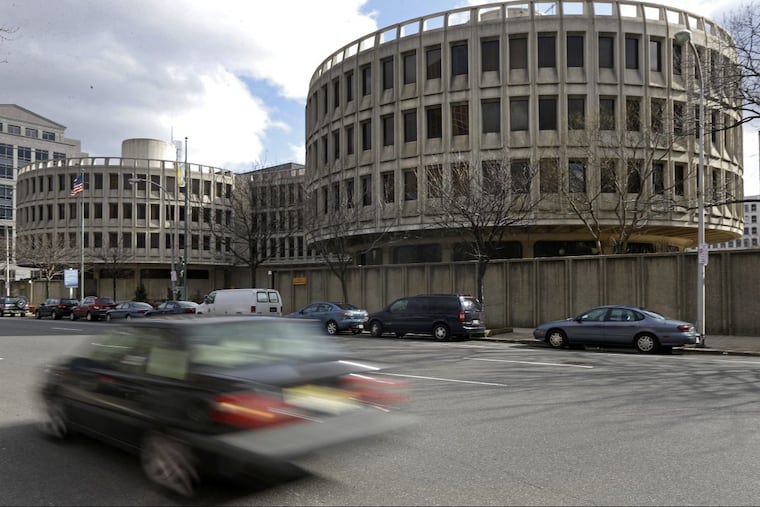Dirty little secret: Philly Police Department doesn't want good press | Helen Ubiñas
There are so many stories about local police officers that could help change the hearts and minds of communities who don't like or trust cops. Too often, the department just chooses not to share them.

I figured out the Philadelphia Police Department's dirty little secret:
It doesn't want good press.
There's really no other way to explain how often it denies access to police officers whose actions, if highlighted, could go a long way at improving the relationships between law enforcers and the communities they serve. At the very least, it would give people a deeper understanding of the daily challenges police officers face.
The beyond-saintly cop who stood patiently by as a now-former TV reporter cursed him out near a Philadelphia comedy club. No, I was told, he shies away from any kind of attention.
The officer, and new father, I had heard, who rushed a dying baby into an emergency room. No. It was an ongoing investigation. Never mind that I had no interest in talking about or interfering in any investigation. I just saw an opportunity to highlight the extraordinary acts that often go unseen by the public. Still no.
The young cops who were especially affected after a father about their age was fatally shot in front of his daughter during a robbery. No. The officers were still distraught. Also, it was an ongoing investigation.
As frustrating as those rejections were, especially when police threw the catch-all "under investigation" at me, it was hard to argue against officers who either didn't want to talk or were too upset to.
But then I noticed a post on the department's Instagram account about an older police recruit who was a Philly officer more than 20 years ago before suffering an on-duty injury considered career-ending at the time. Now, he was back and eager to serve again.
Great story, right? And bonus: No investigation. No traumatized or media-shy police officers.
The rejection came even faster than usual. Nine minutes after I put in the request, I got this:
"Thank you for the consideration but at this time we do not allow recruits to participate in interviews."
By this point, I had already talked to several officers about my growing frustration, including the department spokesman, Capt. Sekou Kinebrew, to whom I gave fair warning that this column was coming.
I received many of the same reasons I already heard. I was told there were plenty of other stories I could write about that amounted to PAL programs, community cookouts, book-bag giveaways — all nice things, but nothing that would actually show what officers have to deal with on the job.
More than one officer suggested I was being slapped back because I am often critical of the department. "You know you have a reputation for being anti-cop," he said. What media-relations genius told the department that the way to balance critical stories is to shut the public out of positive ones? Also, plenty of cop-friendly reporters are being denied access just as often.
After the last rejection, I called Police Commissioner Richard Ross Jr. I told him how I'd been keeping tabs. I gave him the spiel about why sharing these stories with the public mattered.
He acknowledged that the department doesn't do a good enough job of telling its own stories. Like other officers I talked to, he expressed frustration with media he felt could be unfair and biased.
He acknowledged that rather than having their stories hijacked and misinterpreted, police find it's often easier to take control of their own narrative. OK, but even if their social media are better than many other department's, the fact remains that anyone who follows them is probably already supportive of police. It's important to preach beyond the choir.
Ross insisted he's given no order against sharing these kinds of human stories with the press. He told me to call him next time.
But unless something changes, there's no other conclusion to reach than the Police Department, like many other city departments that think critical coverage is reason to wall themselves off, likes playing the victim. It's a whole hell of a lot easier to stick to the narrative that the public and media just don't like or understand the police while shutting them out from anything that might help convince people otherwise.
And that isn't good for anyone, least of all police officers who deserve the attention.